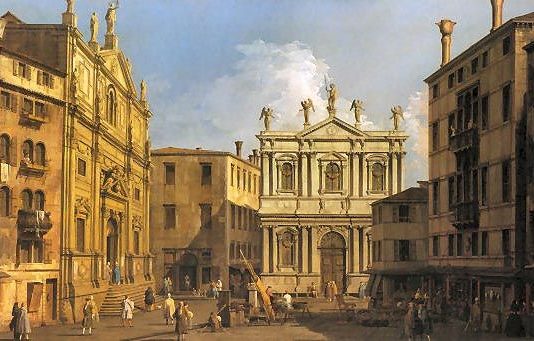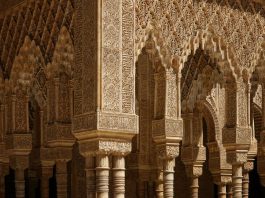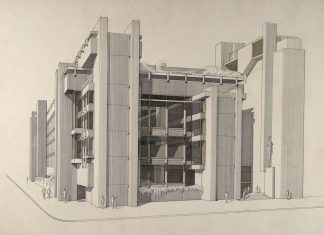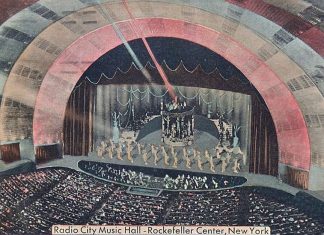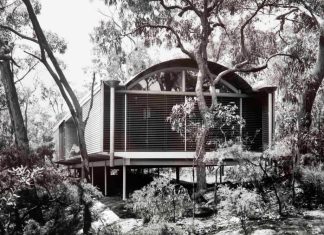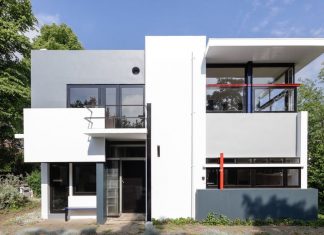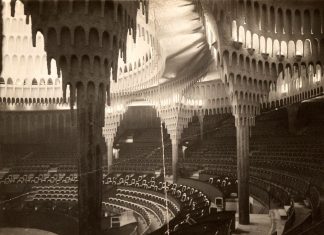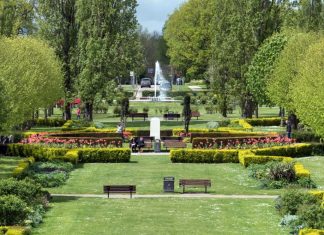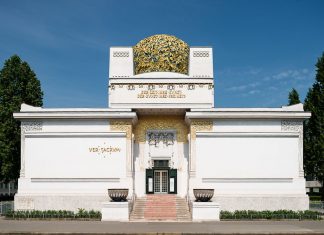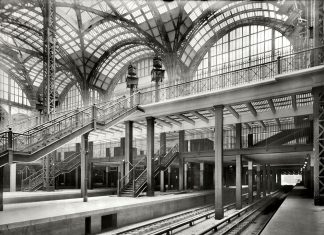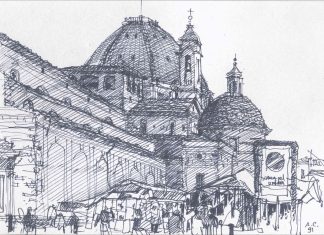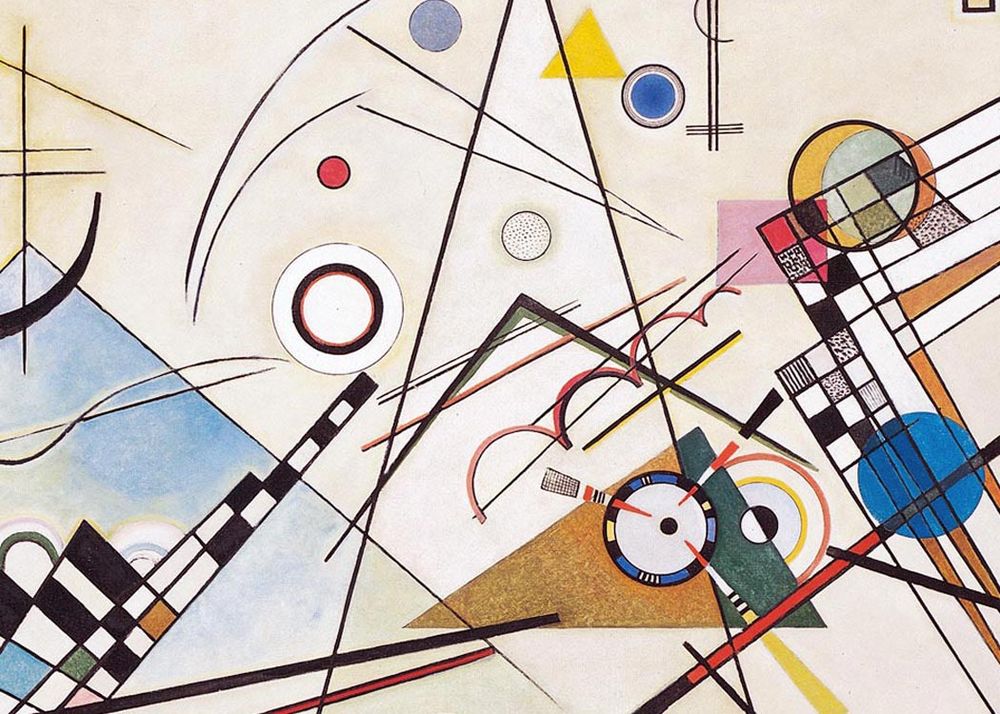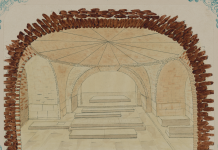Brutalism
The style known as brutalism was a bold, distinctive version of modernism that became popular in the 1960s. Typified by extensive use of concrete...
Art Deco
In the 1920s a number of French designers promoted a style that made ornament modern. They turned their backs on traditional classical and Gothic...
Minimalism
One of the most familiar interior design styles of recent decades is minimalism—plain walls, surfaces uninterrupted by ornament or moldings, zero clutter. Fashionable as...
De Stijl
Dutch architects were in the vanguard of modernism from 1910 to the end of the 1920s. Their De Stijl movement, which produced stunning white...
Expressionism
The expressionist movement had its heyday in Germany and the Netherlands in the 1920s. It brought dramatic new forms—curving walls and faceted domes, for...
Garden city
In the 1870s a number of landlords and social reformers began to design improved housing for ordinary people, creating spacious settlements with generous gardens...
Art Nouveau
One of the strongest reactions against the clutter, formality and artistic revivalism of the Victorian period was Art Nouveau—a style of art that swept...
Beaux-arts
The beaux-arts style was a way of building that originated in the school of fine arts set up in Paris in the early 19th...
Arts and Crafts
A number of 19th-century British architects and designers turned away from industry to create a revival of craft-based architecture using local materials. The resulting...
Mystical interpretation of Light
Which came to the medieval theology of Western Europe in translations of the works of St. Dionysius the Areopagite ("Pseudo-Dionysius") John Scott Eriugena, had...

